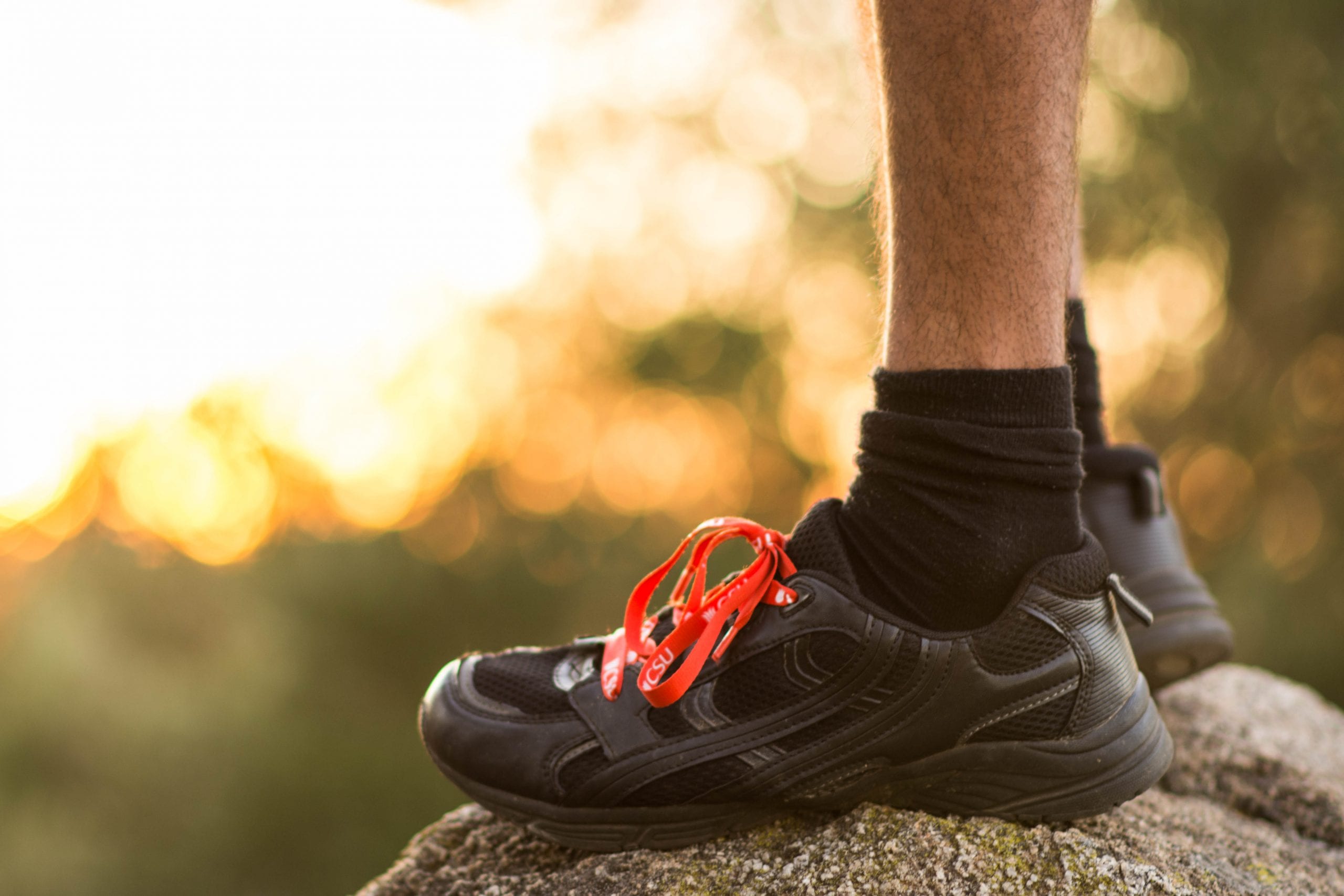This post is over three years old, the information may be outdated.
Dr Cheyne Donges from the School of Exercise Science, Sport and Health argues the case for warming up before intense exercise.
Think about what it is that you are doing before you exercise. Driven to the gym? Slept all night long? Sat at your desk studying for hours? All of which mean you’ve been pretty well stationary and yet here you are about to get into some serious movement. So it’s only polite to give your body a little time to transition.
Warming up is literally the process of increasing your body temperature. Most commonly, people do active warm ups which are exercises that increase body temperature. A warm up can be general body movements (like walking) or specific actions that are a literal rehearsal for the exercise to come (like doing your weights on a lower setting).
It not only gets the muscles in the body warm and awakened, it also gets your nervous system firing. The nervous system gradually becomes more excitable as you warm up, so it’s sensitive and ready to respond to your next movements and activity.
Benefits of a warm up
- You get to rehearse the movements you’re about to perform;
- You elevate your body temperature, which in turn gets lots different parts of your body prepared for the exercise to come;
- You reduce the incidence and likelihood of injury to your muscles, ligaments, tendons and bones; and
- Your heart will be supplied with adequate blood flow.
On this last point, there is actually scientific evidence to show that a warm up (of 10 to 15 minutes) before strenuous exercise can decrease heart beat abnormalities or irregularities. It seems that warming up helps our hearts to get adequate oxygen so they can keep beating in a regular pattern when we are then exercising vigorously.
It can also be a good psychological thing to warm up. It means you can mentally engage with the exercise you are about to do. It can help get your mind ready to go and ensure you’ve mentally transitioned from resting to working out.
How do I warm up?
Weights
Let’s start with weights. If you’re new to strength training with weights then it’s really important to warm up. Generally you’ll have a program that will give you a recommended weight to be lifting or pushing on each machine for a certain number of repetitions per set. So for a warm up it’s a good idea to do at least one full set of repetitions at a much lighter load or resistance to get your body used to the movement and get those specific muscles warmed up.
A good rule of thumb is:
- First set: 50 per cent of final weight
- Second set: 75 per cent of final weight
- Third, fourth and fifth set: 100 per cent of final weight
So say you’ve been recommended to lift 20kg on the shoulder press, your first set will be at 10kg, your second at 15kg and your final three sets completed at 20kg.
Cardio
In cardio it’s about doing the same sort of activity as the exercise you’re about to do but at a lower resistance or pace. You start out slow and steady and then gradually bump up to a faster speed, stopping when you hit your maximum. If you’re walking you can start with a five minute stroll and then move into your brisk walk for the next 25 minutes. If you’re a runner using a treadmill or running outside, start at a steady pace that’s not too taxing then bump it up every minute or so until you reach your top speed. It might take you five minutes or more to get there but that’s a good thing. Also remember, the less fit you are the less warm up you might need – only because you need to think about your endurance and make sure you’ll still have the ability to complete a 30 minute session after your warm up.
What about the cool down?
Cooling down is a common recommendation but in exercise science there’s little evidence of tangible benefits. That said, it doesn’t hurt and it certainly makes a lot of sense to again give your body transition time from doing something very demanding, to doing something that’s virtually no demand (resting). It’s a wise idea if you’ve been running or playing a sport like soccer to just walk it out for five minutes.
—
#BetterInRed is all about getting the most out of university life by looking after your health and wellbeing. It is an exercise challenge that will run for eight weeks from Monday 6 March.
So, lace up, get out and challenge yourself to complete 30 minutes of exercise three times per week. Share your exercise using #BetterInRed and you could win some great prizes!
Find out more at social.csu










